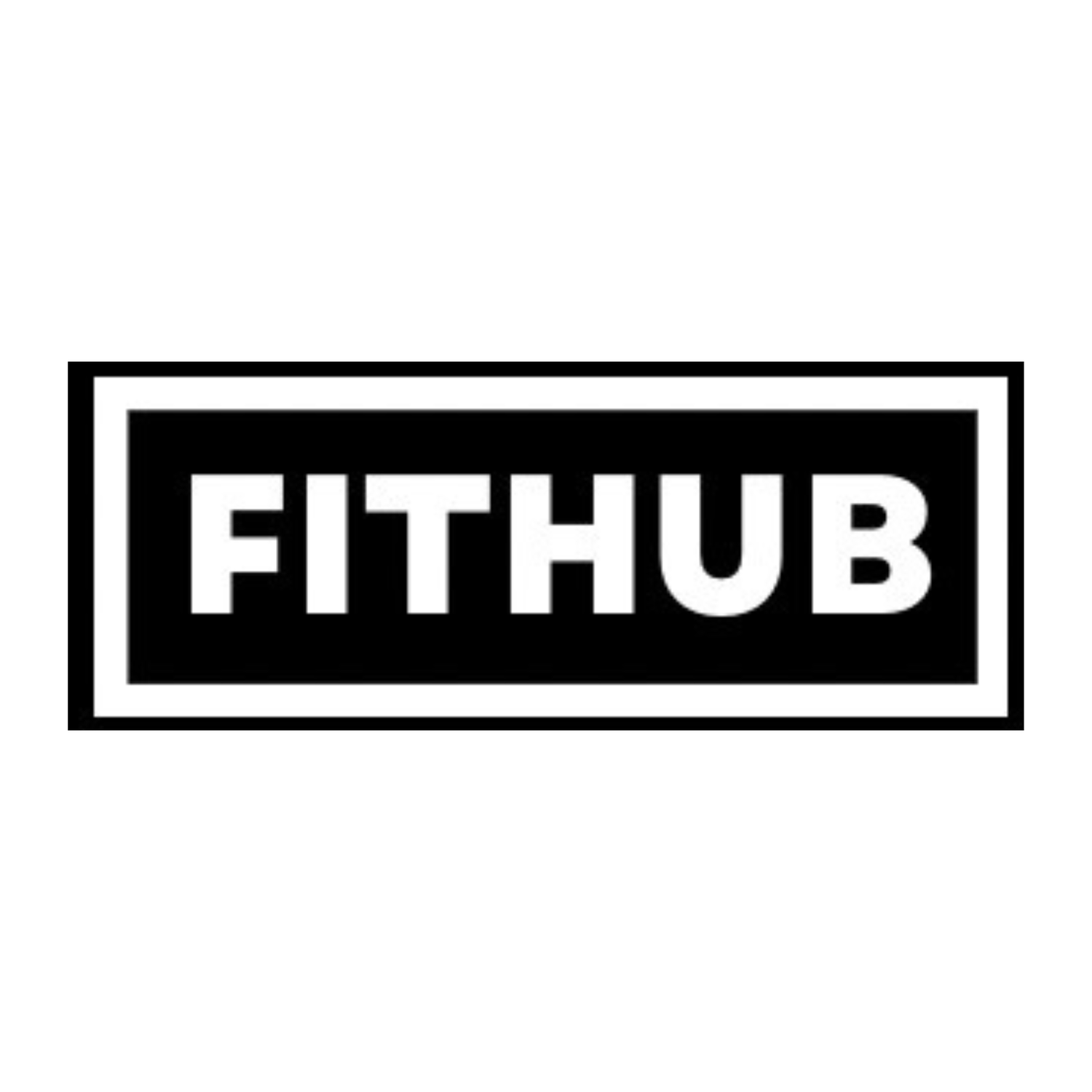Fueling Your Workout: What to Eat Before Exercising
What you eat before a workout can have a big impact on your energy levels, endurance, and overall performance. The right pre-workout meal or snack can help fuel your body and improve your workout. Here are some tips on what to eat before working out.
Timing
It's important to time your meals and snacks so that you have enough time to digest before your workout. Aim to eat a meal 2-3 hours before your workout, or a small snack 30 minutes to an hour before your workout.
Carbohydrates
Carbohydrates are the body's primary source of fuel. Consuming carbohydrates before a workout can help improve endurance and delay fatigue. Good sources of carbohydrates include fruits, whole-grain bread, pasta, and oatmeal.
Protein
Protein is essential for muscle repair and growth. Consuming protein before a workout can help improve muscle synthesis and reduce muscle damage. Good sources of protein include chicken, fish, eggs, and Greek yogurt.
Healthy Fats
Healthy fats provide the body with a source of long-lasting energy. Consuming healthy fats before a workout can help improve endurance and increase stamina. Good sources of healthy fats include nuts, seeds, and avocado.
Hydration
Proper hydration is key for optimal athletic performance. Make sure to drink plenty of water before your workout, and consider adding an electrolyte supplement if you're doing an intense workout.
What to Avoid:
Avoid consuming large amounts of fat, fiber, or protein before a workout, as they can slow down digestion and lead to discomfort. Also, avoid sugary or processed foods, as they can cause a spike in blood sugar followed by a crash.
Sample Pre-Workout Meals and Snacks:
Whole-grain toast with peanut butter and banana
Greek yogurt with berries and granola
Turkey and cheese wrap with vegetables
Oatmeal with almond milk and fruit
Smoothie with protein powder, fruit, and almond milk
The Bottom Line:
What you eat before a workout can have a big impact on your energy levels and performance. Aim to consume a mix of carbohydrates, protein, and healthy fats, and make sure to time your meals and snacks appropriately. By doing so, you'll be better equipped to fuel your body and perform at your best.

